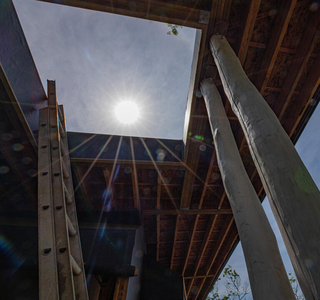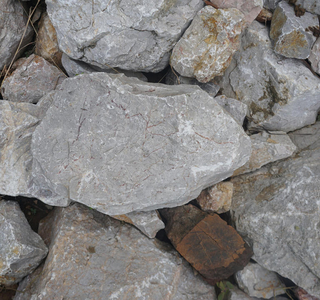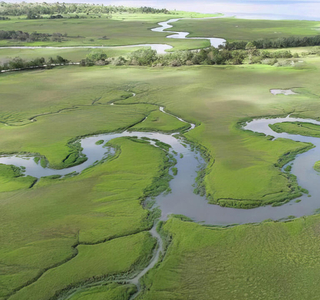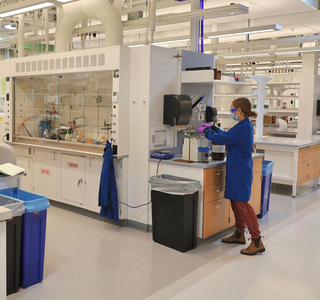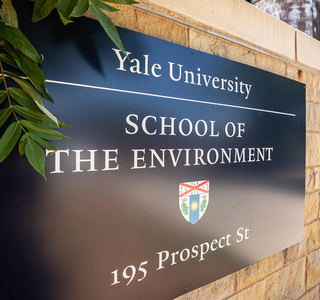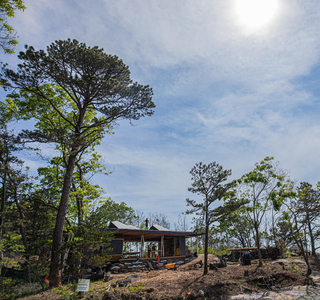Human-accelerated changes in the environment present one of the greatest challenges of the 21st century. This university initiative addresses the threat to the local and global environment, calling on Yale to create scalable solutions through an integrative, multidisciplinary approach and to lead by example by using the campus as a laboratory for implementing the best technologies, policies, and ideas.
Through this project, we have established sweeping initiatives to expand Yale’s teaching and research programs, address health and economic disruptions, stem biodiversity loss, advance climate justice, convene experts across sectors and disciplines, develop emerging technologies that reduce carbon emissions, and adopt fossil fuel investment principles to facilitate a shift toward a decarbonized energy future.

